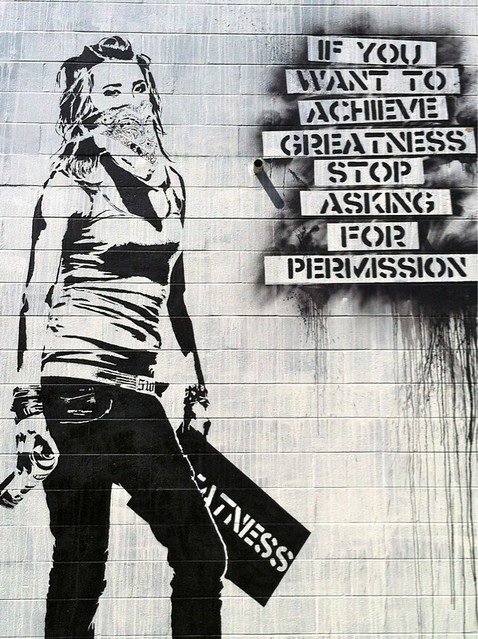It has been a while since I've updated this blog. Since my last post I've been working on a project that is similar to this blog but is more structured, goal oriented, collaborative, and well I'm proud to say mature. SocioPoliticoNurd has without a doubt documented my growth as both a sociologist, in the sense that I've been able to develop my interests and my thought processes, and as an activist who has been attempting to make sense of the social world and change it for "the better." I'd like to point out, due to my respect for the field of sociology, that this blog in no way deserves to be associated with sociology since it is not concerned with research methodology (a growing interest of mine) but is only sociological in the colloquial sense (discussion of sociological concepts). I decided to post on here because I've been writing so little due to the new project, and because I've become more inclined to write more lengthy and academic work. So due to the lack of writing I have been doing I have decided to jump back into the blog for a quick post.
I seriously had this idea that lasted a total of 5 seconds:
At some point after reading history books, economic books, psychology theories, social theories, anthropology, etc. etc. you forget HOW you thought before you read everything that you have. Your thought processes haven't changed, you still rely on schemas and scripts, but they just aren't the same as the one's that you used before. You have experienced a PARADIGM SHIFT, or have unconsciously adopted a NEW IDEOLOGY. Perhaps I'm being to extreme when I make these statements, but that's what it seems like to some extent. And this is what is frustrating. It is frustrating because the point of the entire endeavor was to flee ideology, wasn't it? But let's accept that this is true, that we have done nothing but adopted a new ideology. What can be said about this fact? Is it good, is it bad? The post-modernist in me says these questions are pointless. Perhaps a true post-modernist would say that these are good questions. I guess where I am currently is at the point where I am asking myself is ideology a relative concept in regards to good and evil? Surely a racist, sexist, homophobic ideology is less desirable ideology than an ideology that is tolerant, open, blah blah blah. Answering this question would require one to use one's ideology to determine the answer. Perhaps I haven't shifted paradigms or adopted a new ideology, but have gathered more information so that I can be come more ideological than before -- using facts, theories, and laws to strengthen my ideology. Some people often assume that ideology is a set of beliefs that shape one's thoughts and actions but are untrue, and that if one can escape ideology one can obtain truth. But wouldn't one have to abandon all beliefs in order to escape ideology? If we are psychologically predisposed to create schemas and scripts to deal with our social world then isn't it impossible to be free of ideology? If this is true then does one just choose between what ideology is better than the other?
AHHHHH!!
I seriously had this idea that lasted a total of 5 seconds:
At some point after reading history books, economic books, psychology theories, social theories, anthropology, etc. etc. you forget HOW you thought before you read everything that you have. Your thought processes haven't changed, you still rely on schemas and scripts, but they just aren't the same as the one's that you used before. You have experienced a PARADIGM SHIFT, or have unconsciously adopted a NEW IDEOLOGY. Perhaps I'm being to extreme when I make these statements, but that's what it seems like to some extent. And this is what is frustrating. It is frustrating because the point of the entire endeavor was to flee ideology, wasn't it? But let's accept that this is true, that we have done nothing but adopted a new ideology. What can be said about this fact? Is it good, is it bad? The post-modernist in me says these questions are pointless. Perhaps a true post-modernist would say that these are good questions. I guess where I am currently is at the point where I am asking myself is ideology a relative concept in regards to good and evil? Surely a racist, sexist, homophobic ideology is less desirable ideology than an ideology that is tolerant, open, blah blah blah. Answering this question would require one to use one's ideology to determine the answer. Perhaps I haven't shifted paradigms or adopted a new ideology, but have gathered more information so that I can be come more ideological than before -- using facts, theories, and laws to strengthen my ideology. Some people often assume that ideology is a set of beliefs that shape one's thoughts and actions but are untrue, and that if one can escape ideology one can obtain truth. But wouldn't one have to abandon all beliefs in order to escape ideology? If we are psychologically predisposed to create schemas and scripts to deal with our social world then isn't it impossible to be free of ideology? If this is true then does one just choose between what ideology is better than the other?
AHHHHH!!


